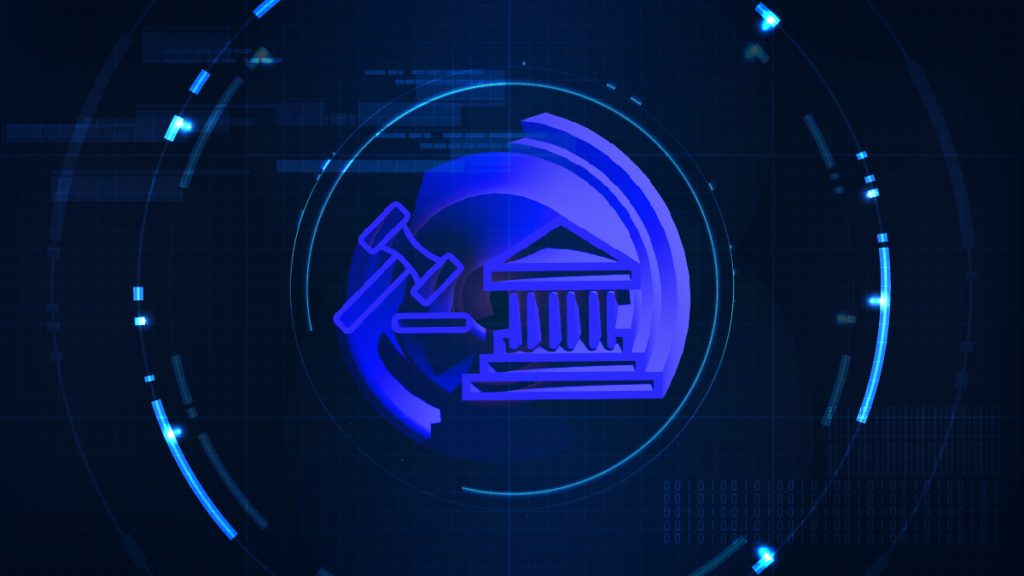
The legal and regulatory framework must adapt to the challenges posed by digital transformation.
- New digital platforms and technologies present unique challenges for lawmakers and regulators.
- Collaboration between stakeholders is necessary to address the complex implications of digital transformation.
______________
A world where a person’s entire life is digitized, where every interaction, every transaction, and every piece of personal information is stored and processed online. Yes, this world is no longer a figment of our imagination but our reality. The rise of digital platforms has transformed the way we live, work, and interact with each other. These platforms created new industries and disrupted traditional business models. Yet, this rapid digital transformation has also posed significant challenges to the legal and regulatory framework.
To make it clearer for you, let us take an example of a recent legal battle between a ride-sharing company and the city government. The ride-sharing company argued that it was not a transportation company but a technology platform, and therefore, it should not be subject to the same regulations as taxi companies. However, the city government argued that the company was indeed providing transportation services and should be subject to the same regulations. The case highlights the challenges that arise when traditional legal frameworks are applied to new digital platforms.
Law and Digital Platforms
The digital transformation has made it challenging for the legal and regulatory framework to keep up. New platforms are created every day, and they are constantly evolving. The digital economy’s fast-paced and ever-evolving nature makes it difficult for lawmakers and regulators to develop and implement appropriate legal frameworks.
Even if the legal and regulatory framework manages to keep up with the fast-paced and ever-evolving digital platforms, would that be enough to address the complex and far-reaching implications of digital transformation? The answer is no. The digital transformation has brought about unintended consequences that cannot be addressed by traditional legal frameworks.
For example, the rise of social media platforms has led to a surge in online hate speech and cyberbullying. Traditional legal frameworks may not be equipped to deal with such issues. Similarly, the use of artificial intelligence (AI) and machine learning (ML) algorithms has raised concerns about bias and discrimination. The legal and regulatory framework may not be able to address these concerns adequately.
Also, the global nature of the digital economy poses additional challenges for the legal and regulatory framework. Digital platforms operate across borders, making it difficult to enforce laws and regulations. The lack of uniformity in laws and regulations across different jurisdictions makes developing a cohesive legal framework challenging.
Digital transformation has also created new business models that are challenging traditional regulatory frameworks. For example, the rise of the gig economy has blurred the lines between employees and independent contractors, making it difficult to apply traditional labor laws.
Final Thought
Even if the legal framework manages to keep up, it may not be enough to address the complex and far-reaching implications of digital transformation, including unintended consequences and the challenges posed by the global nature of the digital economy. Therefore, it is important to develop a collaborative approach that involves all stakeholders, including policymakers, businesses, and consumers, to address these challenges. The digital transformation has brought about a new era of innovation, but it is essential to ensure that it is also a responsible and sustainable one.
Inside Telecom provides you with an extensive list of content covering all aspects of the tech industry. Keep an eye on our Tech sections to stay informed and up-to-date with our daily articles.